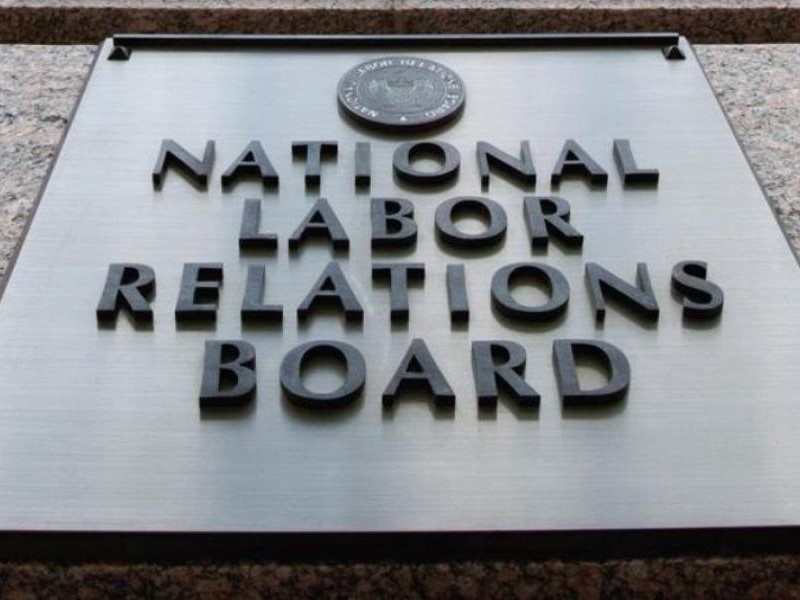A recent National Labor Relations Board (NLRB) decision strengthens workers’ rights during workplace disputes. The decision strengthens the rights of workers to forcefully advocate, protest, question, and push back against managers, supervisors, Human Resources, and loss prevention.

The NLRB in this decision ruled that the National Labor Relations Act protected a worker who shouted and argued with their manager about excessive overtime, including angrily accusing the manager of being a liar and not doing their job. The worker fought with their manager over the course of several days and persistently spoke in a combative tone, but used no profanity. The NLRB returned to a legal principle from prior cases that protects workers who aggressively communicate with management, ranging from merely speaking in a disrespectful tone to using profane language.
Those cases protected workers who raised their voices or shouted, as well as those who interrupted or challenged a supervisor. The law protects workers who stand up and continue to assert themselves, even after a supervisor tells them to quiet down.
The NLRA protects the use of profanity in some circumstances, such as when obscene language is common in the workplace or a supervisor uses profanity first. One case protected a worker who told the manager, “this is bulls**t,” referring to working conditions. Another protected a worker who called a supervisor a “f**king a**hole” when the conversation took place away from customers or co-workers, and the supervisor provoked the confrontation.
In the few cases where workers lost protection, workers threatened or implied violence, or used racial or misogynistic slurs.
The case is Lion Elastomers, 372 NLRB No. 83 (2023).
How This Case Can Help You
Union representatives can use this case to encourage workers to forcefully advocate, protest, question, and push back against management about working conditions.
Additionally, union representatives should let workers know that they can use this legal principle to push back and continue to assert themselves when a manager tells them that they have to stop talking, calm down, lower their voice, or stop being disrespectful.
If you have any questions about this decision, contact George Wiszynski at gwiszynski@ufcw.org.
